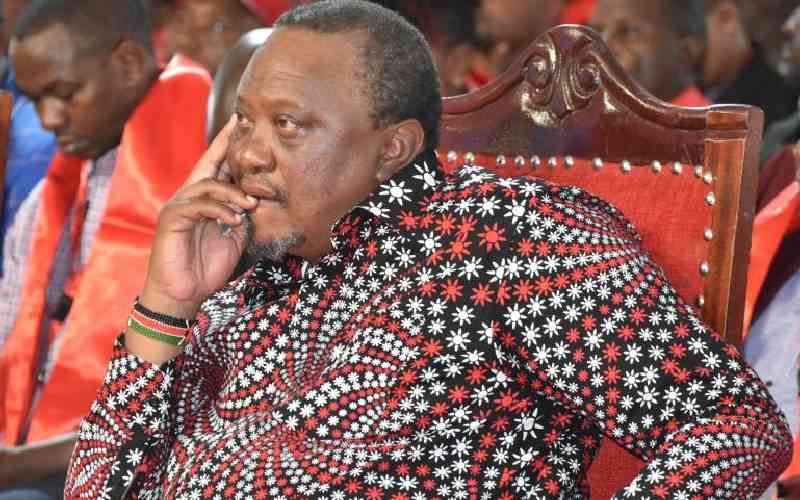×
The Standard e-Paper
Kenya’s Boldest Voice

Former President Uhuru Kenyatta has been paid with the same coin he used in dealing with his foes and allies while he presided over two former ruling parties.
In a remarkable parallel, Uhuru is encountering strikingly similar circumstances in two of his political parties at different points in time.